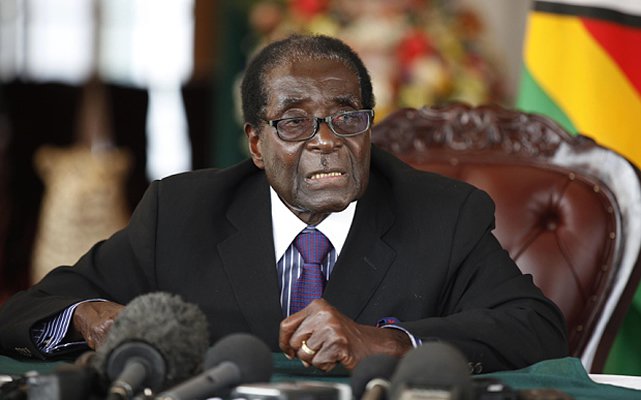EDITORIAL COMMENT: Protectionist policies good for industry

There is nothing as dampening as celebrating a festive season characterised by erratic food supplies, massive fuel queues and a general spike in the price of basic commodities. Generally, an adequately capitalised industry should be in a position to produce enough goods and services to satisfy local consumption and remain with surplus to supply regional and international markets and earn foreign currency to buy essential supplies that help oil an economy.
As the country grapples with foreign currency shortages, unemployment and the general decline in production and capacity utilisation by many companies, it is imperative for Government to adopt some extra-ordinary measures to protect consumers so that they are not exploited by some unscrupulous industrialists.
Yes, we appreciate that some companies are failing to access foreign currency from the Reserve Bank of Zimbabwe, but it is disillusioning to note that others that are accessing the money from the central bank also join the bandwagon that is exploiting the consumers.
To cushion local companies from being choked by foreign products that are produced at low cost, some of the basic commodities were removed from the Open General Import Licence and were covered under various Statutory Instruments including SI64 of 2016.
However, despite all these efforts, it appears some players in the economy are not appreciating these gestures and they continue increasing prices, with others raising a plethora of issues including high cost of packaging materials among others that they claim were imported.
It is against this unsettling backdrop that Government has relaxed regulations on the importation of basic commodities into Zimbabwe and invited people and organisations with free funds to approach the Industry and Commerce Ministry to obtain licences to import the goods.
Industry and Commerce Minister Dr Mike Bimha announced this on Sunday, arguing the measures were taken to ensure availability of basic commodities and stabilise prices ahead of the festive season. There has been a steady increase in prices of basic commodities in the past two months due to foreign currency shortages that have seen manufacturers struggling to get hard currency to procure basic commodities.
As Government dishes out import licences to people with free funds to augment supplies by local firms, it is our humble submission that everything must be done in a manner that does not foment chaos in the economy ahead of the festive season as well as the forthcoming general elections next year.
The benefactors of the import licences are not in charity work and therefore there is a greater need for Government to ensure that fellow Zimbabweans do not exploit their countrymen. The failure by industries to supply commodities despite Government support shows there is a greater need to strike a balance that ensures that in the long run, we do not obliterate local firms.
Inasmuch as the SI64 of 2016 was one day going to be lifted, we implore authorities to ensure some local firms that established some plants to increase production after the promulgation of the Statutory Instrument are not just thrown into cut-throat competition from foreign firms that enjoy economies of scale as well as cheap capital.
The suspension of the restrictions should be done in a manner that does not see companies losing confidence in Government policies — there is a greater need for policy consistency and not ad hoc arrangements.
We insist that only products that local companies have shown have no capacity to produce should be allowed into the country, but still under strict monitoring to avoid saturating the market with foreign cheap products.
As economic leaders hunt for solutions to the country’s challenges, they should also not pay lip service to the pricing system in this country that has triggered high production costs that have eventually been passed on to consumers. The cost of energy, water, rates, transport, taxes and levies are generally high, costs that have taken a toll on production expenditure.
Therefore, recent calls by parliamentarians for Government to have a relook into the pricing of fuel in Zimbabwe are welcome. There is no way Government can complain of high commodity prices at a time when all these other cost drivers are not being contained at Government level.







Comments